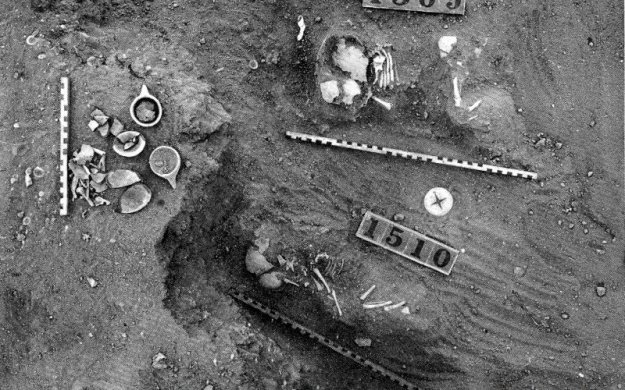|
I've finally come to the end of writing the Darfur stories that have dominated the last five years of my life, or at least I've come to the end of what I am able to write right now. Abandoned, rather than finished, as da Vinci allegedly said. The drive to write these stories came from a desire to start conversations, to step into the booming silence on Darfur (on these shores at least) with questions and questions and more. It came from frustration at a hungry media cycle that forgot as it consumed, and it also came from a commission of sorts. 'Go home and tell people,' she said; my colleague, one of many Darfurians I worked with in the six months I spent there. I had no intention of writing, not then and not for a long time after, but that was before I noticed the compulsion building, before I realised I'd lost interest in all other writing. I started with questions. Questions about half-snatched moments and events that hung loose at one end, that never really concluded, not in a story way, a familiar narrative way. There are no neat endings, not in a war, and what I discovered in writing this book is that short stories love uncertainty. Maybe novels love it too, in the right hands, certainly, but short stories... they hold space for the fractured pieces, for the broken bits of something that once made sense. In order to write I did a lot of remembering, a lot of imagining, and a lot of digging, and here, pulled from the ground by an old Victorian, are some of the pieces that ended up in the book. The good folk at Comma Press have written about some of the artifacts found at the Jebel Moya archaeological site, the one that I explored in the story of the same name - follow this link for more on those, and for the collection of short stories and broken bits, please check back here, soon.
Comments are closed.
|
